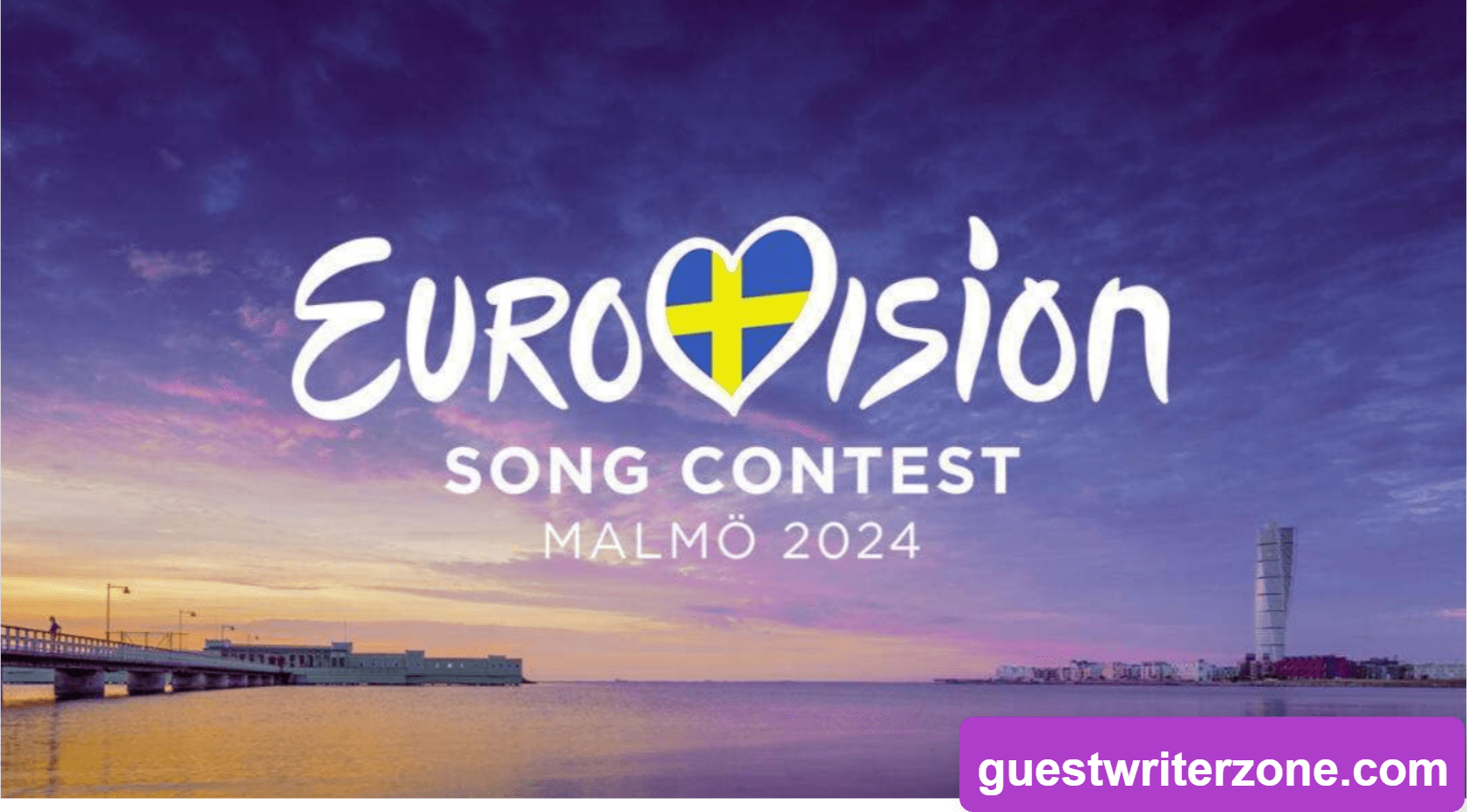Eurovision 2024, a prominent fixture in the European music calendar, was hosted in Malmo, Sweden, on a Saturday. This event, often referred to as the pop music Olympics, drew hundreds of musicians, journalists, and fans. However, this year’s contest faced significant controversy due to Israel’s participation amid ongoing military actions against Hamas, casting a shadow over the festivities.
Protests and Social Media Reaction
The participation of Israel in Eurovision 2024 ignited protests in Malmo, with large groups demonstrating in support of Palestine. The situation was heavily discussed on social media, where users expressed a range of opinions. Many criticized the decision to allow Israel’s participation, focusing particularly on the political implications during a time of conflict. Conversely, some argued it was unjust to target a contestant based on their country’s politics, highlighting a divide in public sentiment.
Controversy Over Israeli Entry
The controversy extended to the specifics of the Israeli entry. Originally titled ‘October Rain,’ referring to a Hamas attack, the song’s title was controversially changed to ‘Hurricane’ in an effort to neutralize political references. Performed by Eden Golan, the song’s participation was allowed, but not without adjustments that spotlighted the complex interplay between politics and cultural expressions at Eurovision 2024.
Impact of Politics on Eurovision 2024
Despite the Eurovision contest’s aim to celebrate diverse musical talent, this year’s event was heavily influenced by geopolitical tensions. The discourse surrounding Israel’s participation was one of the most heated topics, overshadowing other performances. This was evident in the social media outbursts following the revelation of vote counts, where Israel received a surprising 323 public votes. Critics and supporters of Israel took to platforms like X (formerly Twitter) to voice their opinions, with some questioning the integrity of the voting process and suggesting that political sympathies may have swayed public opinion.
Reaction from Israeli Fans and International Judges
In Tel Aviv, where many fans gathered to watch the contest, the response to the judging was palpably negative. Israeli viewers lamented what they perceived as a snub, influenced more by political considerations than by the quality of the performance. According to reports from AFP, despite Eden Golan’s commendable performance, only a few international judges awarded her points. This led to frustrations among Israeli fans who felt that political bias had overshadowed artistic merit.
Reflections on Eurovision 2024 and Cultural Diplomacy
Eurovision 2024 not only showcased the world’s musical diversity but also mirrored the current global political climate. The event highlighted how cultural platforms are not isolated from political issues but rather are arenas where such dynamics are often visibly played out. This year’s Eurovision revealed the complexities of balancing cultural celebration with political sensitivities, raising questions about the role of such international events in fostering cultural diplomacy versus becoming platforms for political expression.
This edition of Eurovision, while rich in musical talent, will likely be remembered for its political controversies as much as its contributions to the arts. As Eurovision continues to evolve, the interplay between culture and politics will remain a critical point of discussion for organizers, participants, and viewers alike.
FAQs
What was the main controversy at Eurovision 2024?
The main controversy at Eurovision 2024 centered around Israel’s participation amid ongoing military conflicts with Hamas. This led to significant backlash and protests, with discussions about whether political situations should influence a country’s participation in a cultural event.
Why was the Israeli song title changed for Eurovision 2024?
The Israeli song, originally titled ‘October Rain,’ was changed to ‘Hurricane’ due to its reference to a specific event linked to Hamas attacks. The change was made to minimize political connotations and focus on the cultural and artistic aspects of the competition.
How did social media react to the voting results of Eurovision 2024?
Social media reactions were mixed and intense after Israel received 323 public votes. Many users debated the influence of politics on voting, with some supporting Israel’s high score as a fair result of the contest, while others questioned the legitimacy of the votes, suspecting political bias.
What was the outcome for the Israeli contestant at Eurovision 2024?
Despite the controversies and the high number of public votes, the Israeli contestant did not win Eurovision 2024. The event highlighted the complex dynamics between public opinion, political influence, and cultural representation in such international competitions.
How did Eurovision 2024 address the geopolitical tensions during the event?
Eurovision 2024 organizers attempted to focus on the cultural and musical elements of the event, striving to maintain Eurovision’s traditional non-political stance. However, the external political tensions were reflected in the public and media reactions, showing the challenges of completely separating politics from global cultural events.
